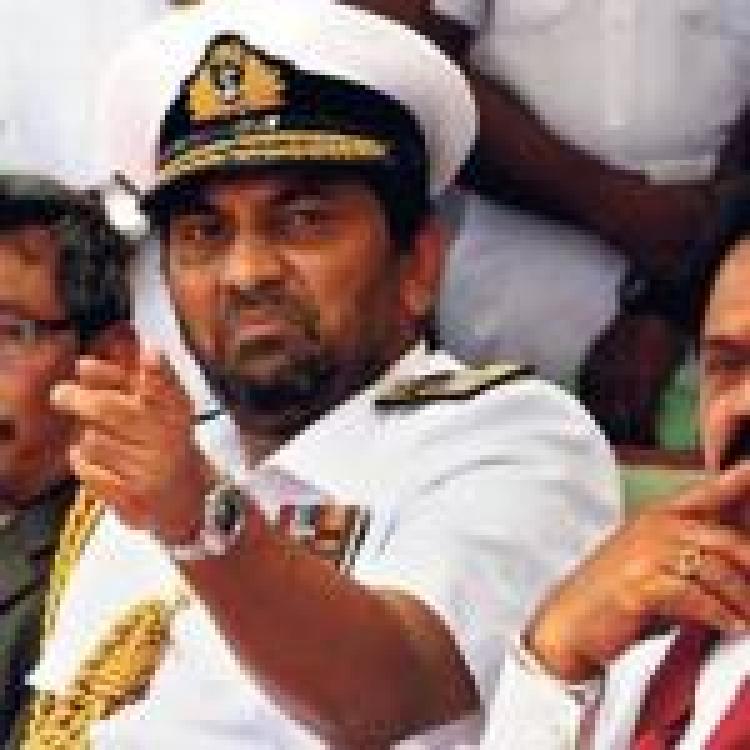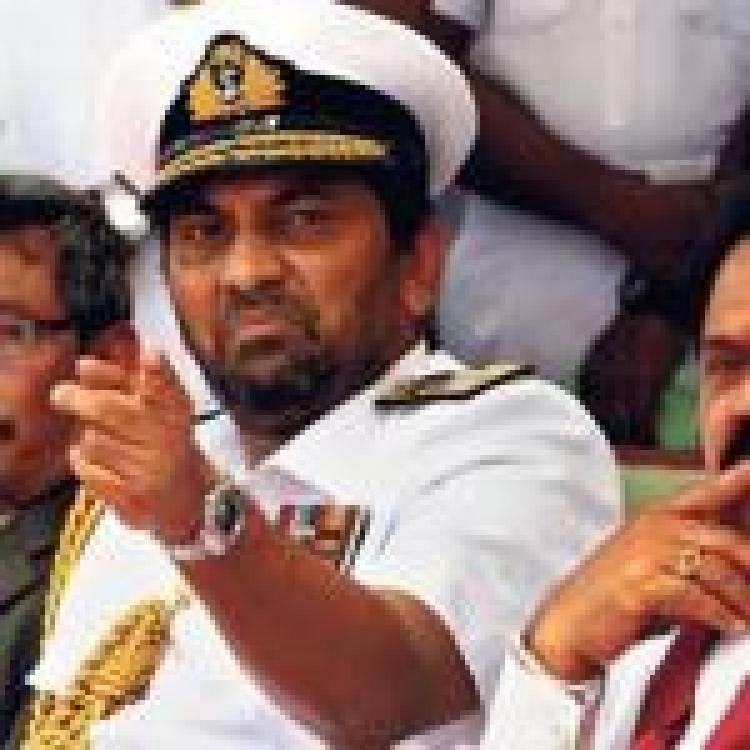![]()
Amnesty International has slammed Sri Lankan Attorney General's decision not to proceed with charges against Navy commander Wasantha Karannagoda in connection with the torture, extortion, abduction and conspiracy to murder 11 youths in 2008-2009.
Responding to the court's decision, Amnesty International's Asia Pacific director, Yamini Mishra, stated, "Sri Lanka has the world's second-highest number of enforced disappearances, with tens of thousands of people forcibly disappeared over many decades. This case was an opportunity for the Sri Lankan authorities to deliver justice for crimes under international law, by ensuring that those reasonably suspected of criminal responsibility, including those implicated for aiding and abetting and under command responsibility, are brought to trial."
"This case has already been beset by obstacles in the Sri Lankan Courts, and today's decision pushes justice further out of reach for the families of victims. The AG's department must explain the reasons for its decision, and Sri Lankan authorities must deliver truth, justice and reparations for all victims of enforced disappearance," Mishra continued.
Amnesty International also highlighted that the abductions were "spearheaded by members of the Sri Lankan Navy," dubbing it the "Navy 11 case."
Kannagoda "was accused of having known about the enforced disappearance by naval personnel he had command[ed] responsibility over, and choose to take no action," stated Amnesty International.
After being charged, Kannagoda appealed his case, and the Court of Appeals blocked proceedings of the case against him despite repeat court summons. Karannagoda had consistently failed to appear in court, despite being pictured at high-profile events with senior military and political leaders.
The eleven youths have been named Kasthuriarachchi John, Thyagarajah Jegan, Rajiv Naganathan, Soosaipillai Amalan, Soosaipillai Roshan, Kasthuriarachchi Anton, Prageeth Vishvanathan, Thilakeshwaran Ramalingam, Mohamed Dilan, Mohamed Saajid and Ali Anwar.
Read Amnesty International's full article here.



